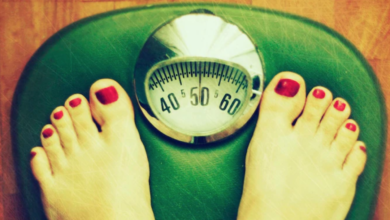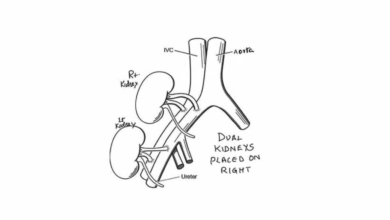Warning over eating salmon this Christmas amid listeria outbreak
Pregnant women, the elderly and people with chronic health conditions are being warned to be careful when eating salmon this Christmas amid a listeria outbreak.
Fifteen people have fallen ill with an infection of Listeria monocytogenes since 2020, with eight cases found this year alone.
Although the illness is mild for most people, it can cause a miscarriage during pregnancy, sepsis or meningitis in newborn babies, and can be fatal for the vulnerable.
The majority of the affected individuals reported eating smoked fish prior to their bout of illness and the Food Standards Agency (FSA) is looking into the source of the outbreak.
The FSA has this weekend issued a recall for two trout products sold at Lidl, the Deluxe Oak Smoked Scottish Louch Trout and Lighthouse Bay Smoked Trout Trimmings.
“Consumers should not eat the above products and return them to Lidl for a full refund,” the FSA said in a statement.
Vulnerable consumers must heat smoked fish
Junior Johnson, the director of operations at the FSA, said: “Lidl has done the right thing in instigating this recall and their caution is to be commended.
“The ongoing investigation into a Listeria outbreak has identified the presence of a strain of Listeria monocytogenes which has caused serious illness. We are therefore warning consumers about these recalled products.
“As we approach the peak of the festive season, we know consumers are more likely to eat smoked fish, such as smoked salmon and trout.
“While investigations into the outbreak continue, FSS and FSA are reminding vulnerable consumers of the advice more generally around consuming smoked fish – it must be heated until it is steaming hot, before they eat it.
“While the risk of listeria is low to the general consumer, all consumers should follow this advice if they are serving smoked fish to elderly and other vulnerable relatives and friends over the festive period.”
Outbreak not linked to any other foods
Listeriosis is a form of food poisoning caused by the bacterium, and most people who are affected get mild gastroenteritis which subsides in a few days.
Common symptoms include stomach pain, vomiting and diarrhoea.
But other people are more vulnerable to a listeria infection than others, and the Food Standards Agency (FSA) has issued guidance that people with compromised immune systems, pregnant women and people over 65 should avoid eating smoked fish without cooking it first.
Listeria can also be found in other festive foods such as shellfish, cooked sliced meats, some soft cheeses like camembert and brie, and pâté. The listeria cases have not been linked to any other foods except cooked smoked fish.
The FSA’s most crucial bit of advice advice is to cook all smoked fish until it is steaming hot throughout, but people are also being told to wash food before eating them, keep raw and ready-to-eat foods separate and not to eat food after its use-by date even if it smells and looks fine.








